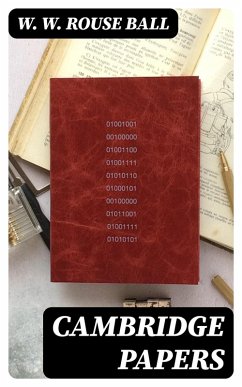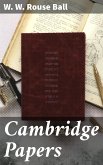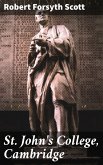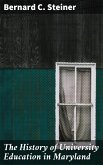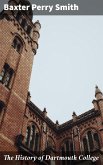W. W. Rouse Ball's 'Cambridge Papers' is a collection of insightful essays that delve into various mathematical concepts and historical events related to the field. The author's clear and concise writing style, coupled with his in-depth knowledge of mathematics, makes this book an essential read for students and scholars alike. Each paper is carefully crafted to provide both theoretical analysis and practical applications, making it a valuable resource for anyone interested in the subject. The book also offers a glimpse into the literary context of the time, showcasing the intellectual atmosphere at Cambridge University of the late 19th and early 20th centuries. W. W. Rouse Ball, a distinguished mathematician and historian, drew upon his extensive academic background to compile these papers, showcasing his expertise and passion for the subject. His unique perspective and engaging writing style bring the mathematical concepts to life, making them accessible to readers of all levels. Through 'Cambridge Papers,' Ball establishes himself as a leading authority in the field of mathematics and historical studies. I highly recommend 'Cambridge Papers' to anyone looking to deepen their understanding of mathematical concepts and historical events. Ball's comprehensive analysis and engaging writing style make this book a must-read for students, scholars, and anyone with a keen interest in mathematics.
Dieser Download kann aus rechtlichen Gründen nur mit Rechnungsadresse in A, B, BG, CY, CZ, D, DK, EW, E, FIN, F, GR, H, IRL, I, LT, L, LR, M, NL, PL, P, R, S, SLO, SK ausgeliefert werden.

